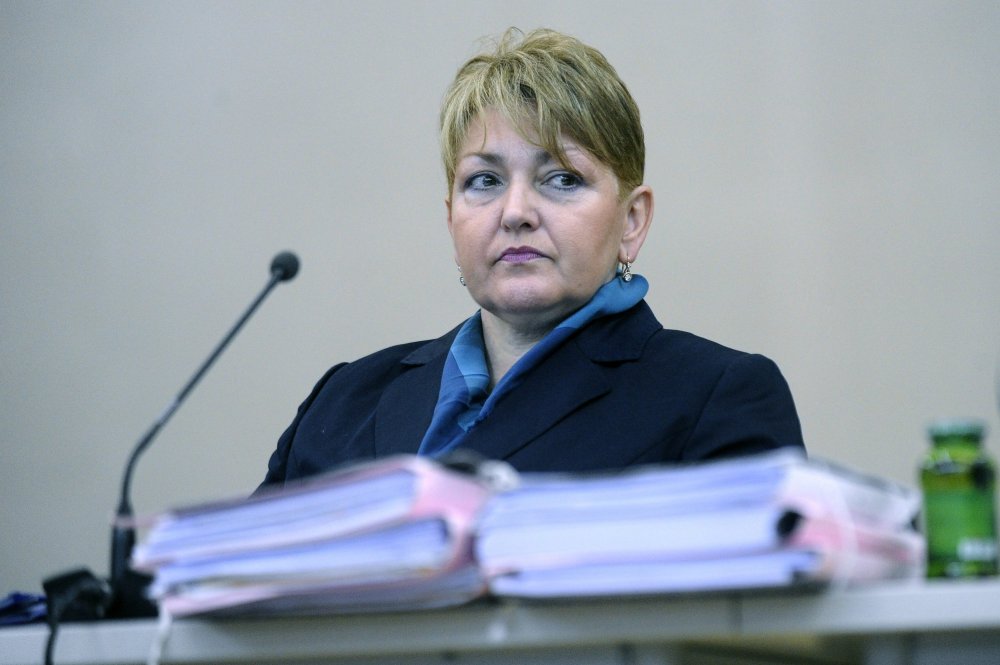This material belongs to: Total Croatia News.
The police confirmed that it was conducting a criminal investigation against several persons for suspicion of committing criminal offences in the area of economic crimes with elements of corruption.
Several people were arrested on Tuesday afternoon in a joint action by the police and the Office for Combating Corruption and Organised Crime (USKOK). According to unofficial information, one of them is the judge of the Commercial Court in Zagreb Vesna Malenica. Several hours before the arrest, the State Judicial Council (DSV) held a special session and lifted the judge’s immunity following a request by USKOK, reports Vecernji List on November 15, 2017.
According to initial information, she and other suspects are charged with offences connected with bankruptcy proceeding. During the afternoon, the police searched the suspects’ apartments. It is believed that among the suspects are long-time appointed bankruptcy trustee Pero Hrkač, entrepreneur Milan Lučić, Josip Debić and Miroslav Mitak.
Lučić has reportedly not been arrested. According to some, he is in Austria, while others say he is ill.
The police reported that, in cooperation with the USKOK, it was “conducting a criminal investigation of several people for suspicion of committing criminal offences in the area of economic crimes with elements of corruption. There is an ongoing criminal investigation of the five suspects arrested. With regard to media inquiries, we can confirm that a Commercial Court official is among those arrested”, the police statement said.
DSV President Željko Šarić explained he could not discuss a secret session of the Council, but confirmed that a meeting of the body was held, among other things, for the lifting of immunity of a judge. Several sources confirmed that the Council, which is in charge of appointing and removing judges, accepted the request to lift the immunity of a judge suspected of illegality in bankruptcy proceedings.
Under the law, judges cannot be held responsible for their opinion or vote while making a court decision, unless their act represents a violation of the law which is a criminal offence. Without the approval of the DSV, criminal proceedings against a judge for acts committed while performing their judicial duty cannot be launched. DSV sessions which decide about approving the initiation of criminal proceedings are not held in public.
 info@anticorr.media
info@anticorr.media

